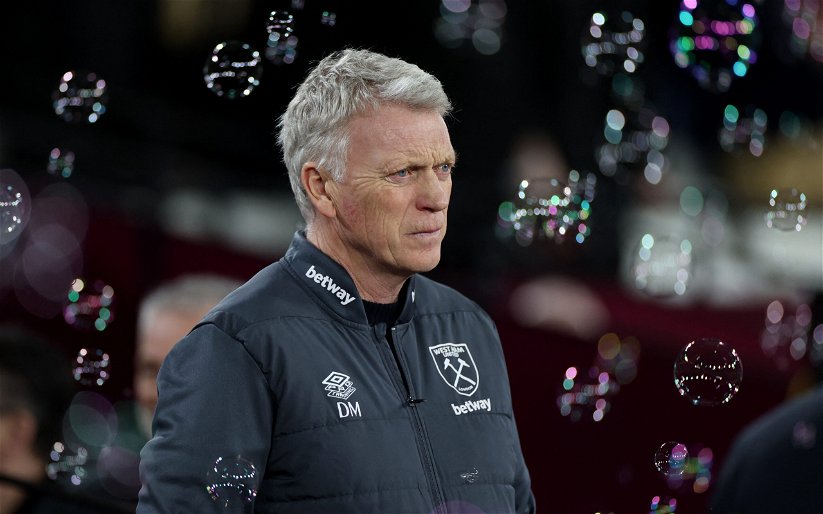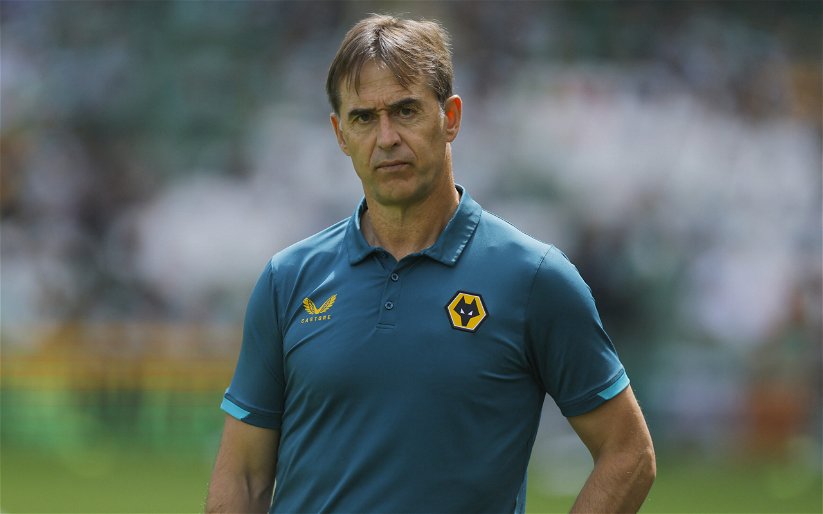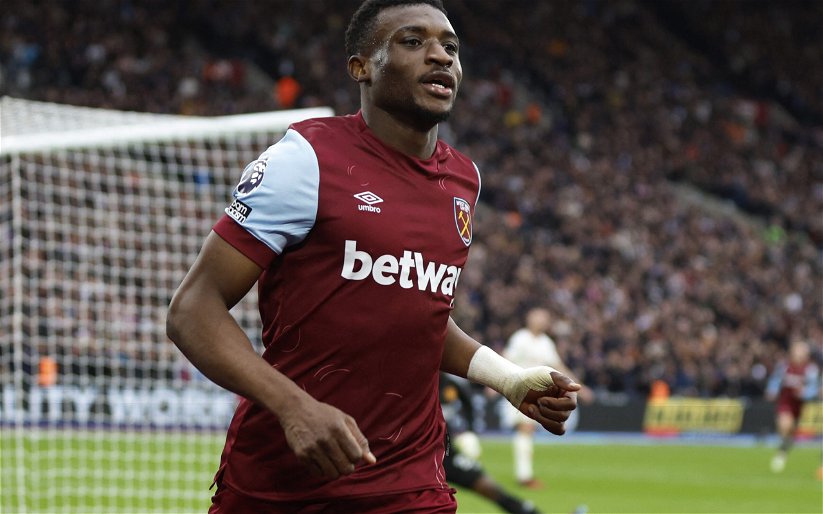Behind our World Cup winners, FA Cup winners and quality academy products, have been some great managers, and our very own Chris Henry is here to tell you who they’re.
Redknapp stands out by a country mile amongst past managers as one of the greatest managers West Ham have ever had. Whatever your opinions of him now, that fact can’t be disputed; the style of football he brought, the players he bought and developed and the fact he could produce results in a consistent and comfortable manner was something that makes him one of the Hammers top managers. Since his departure, the team has arguably lost that stability that always made them a certain and permanent fixture in the Premier League what with the Hammers relegation two years after his departure and a rollercoaster ride back to the top flight that once again ended in relegation. Players like Lampard, Cole, Carrick, Defoe and Ferdinand can owe a lot to their development under Harry with them blossoming in their early years under his tutelage. Memorable goals, players, cup runs, tantalising matches, exciting football and a top five finish (their best since their 3rd position finish under Lyall in the 1980s), who can argue with Harry being one of the greatest bosses ever for the Hammers, must admit I miss him a bit.
Succeeding Ron Greenwood, Lyall was responsible for one of the most exciting periods of Hammers football history. Under his guidance, the Hammers saw them achieve their best league finish of 3rd and were perhaps even a tad unlucky to miss out on the league title. But as Hammers fans, we all know it’s not all about the glory and sometimes it’s just nice to see great football and your team winning with style and flair. For this period of Hammers history, Lyall also introduced us to the deadly partnership between Frank McAvennie and Tony Cottee up front for the Irons. Between them, the two scored an impressive 46 goals in the 85/86 season in which West Ham finished third in the league, and of course we must not forget that eventful day in 1980 at Wembley when Lyall led the Hammers to victory in an unforgettable FA Cup Final where they beat London rivals Arsenal 1-0 courtesy of a headed goal from Trevor Brooking. The team Lyall had assembled in that final also embodied a certain beauty to their play what with tricky Trev and creative winger Alan Devonshire on the flanks.
It was in 1989 that Lyall was sadly sacked after failing to save the Hammers from relegation; he had served West Ham for 34 years as player and coach. 2006 saw John Lyall sadly lose his life through a sudden heart attack. A minutes silence was held at the FA Cup Semi-Final between the Hammers and Middlesbrough in honour of Lyall. West Ham went on to reach the FA Cup Final that year, the first since their triumph back in 1980. This time around however, the Hammers could not bring the trophy back home after losing on penalties to Liverpool after a thrilling 3-3 draw.
Yes now I know this one’s a controversial choice, but I think looking overall at Curbishley’s reign and putting aside all the compensation nonsense and boring football arguments, Curbishley was in fact a successful manager. Okay so when he got given carte blanche with the chequebook by egghead Magnusson, some of his dealings were a bit suspect, Boa Morte anyone? But we must remember this is the man who drastically turned the Hammers fortunes around and saved them from the brink of relegation, the fate of which appeared inevitable. That exciting run of seven wins in eight games ensured the Hammers survival and with it a number of heroes such as Rob Green, Mark Noble and Carlos Tevez were born. The following year was a solid not spectacular season with the Hammers finishing a respectable tenth, but this was a welcome change after flirting so dangerously with relegation last year. Although there were remarks about boring football, I implore you to look at the bad fortune he had with injuries. Kieron Dyer looked sharp and ready to put his injury blighted career behind him but was unfortunately mowed down by a reckless challenge from a Bristol Rovers player in a Carling Cup tie that saw Dyer break his leg and put him out for the season. He never got to test the full potential of Bellamy and Ashton together with their careers again marred by injury under his tenure. I recall on many occasions, Curbs had only Boa Morte and Carlton Cole to play up front and so obviously had to go for a more conservative approach. Before the three consecutive 4-0 drubbings towards the end of the season (which suggested to fans that Curbs was one to rest on his laurels once his teams were mid-table), the Hammers had the best defensive record outside the top four, can’t argue with that. The next season saw the Hammers have a mixed start but soon saw Curbishley quit due to a lack of control in transfer dealings. Next came sexy football from Zola, rumours of the club on the brink of financial meltdown, struggle again through Zola, his sacking and the appointment of Avram Grant which led to the team’s demise and relegation from the Premiership. Sometimes it’s nice to have a bit of stability and see your team make headlines for the right reasons; this might not have happened had Curbishley still been at West Ham I argue.
Another interesting addition I’m sure you’ll agree. Looking back at both he and Curbishley’s reign, Pardew was another manager whose tenure was on the whole very successful but ended sourly. Well let’s look at the facts, he got us promoted, alright it was on a second attempt and did it through the skin of our teeth with the Hammers just squeezing into the final playoff spot at sixth position and winning in a tense play-off final over Preston with a 1-0 score line. Nonetheless, the Hammers were back in the big time where they belonged and Pardew had assembled a magnificent and vibrant young team that took the Premiership by storm in its first year. What was so apparent for me as a fan was our ability to kill off games in such a convincing yet stylish manner. Attacking football with lots of goals and never holding back. Stars such as Bobby Zamora, Nigel Reo-Coker and playmaker Yossi Benayoun flourished under Pardew in that year and their football was a joy to behold. Standout results were a 4-0 drubbing of Villa, a scintillating 2-3 away victory at Arsenal and a dramatic 2-1 defeat of Spurs that denied them a place in the Champions League, albeit quite controversially…heard Lasagne was on the menu that day. To top the whole season, Pardew led them to a historic FA Cup Final in which the Hammers were only thirty seconds away from winning, only for Liverpool captain Steven Gerrard to pop up and score a dramatic equaliser taking the game to extra time and a penalty shoot out which Liverpool won 3-1. Despite this heartbreak, both teams had produced one of the most exciting Cup Finals ever in a tournament that had arguably lost its magic as a grandiose sporting occasion.
West Ham were exciting to watch in the way they played and the attitude they played in and this was down to Pardew. It of course ended badly, with the Hammers struggling to recreate their form from last season and there being a baby Bentley attitude evident in the team camp with players now believing their own hype. Pardew was of course sacked but he will forever be remembered for that exciting Cup Final and the attacking and entertaining ethos he instilled in this exciting young team.
Much like Harry Redknapp, Greenwood is an obvious inclusion into the Hammers managerial hall of fame. Looking at the history books, it is arguable to say that West Ham were put on the map thanks to Greenwood and it was his tenure as manager that started their rich history as a team for exciting players and exciting football. I of course refer to the Three Lions that Greenwood developed as players in the shape of Bobby Moore, Geoff Hurst and Martin Peters. Forming the spine of Greenwood’s team, it was this exciting crop of players Greenwood had that led the Hammers to victory in the 1964 FA Cup and European success with the Cup Winners Cup in 1965. And it was of course Moore, Hurst and Peters who we remember as being a part of the historic England team that lifted the World Cup in 1966 on home soil when they defeated West Germany 4-2 at Wembley Stadium.
Greenwood eventually moved on to pastures new as England manager in 1977, replacing the sacked Don Revie. Greenwood enjoyed fair success as national coach with the team qualifying for the 1980 European Championships and the 1982 World Cup. During this time, he will also be remembered as being the first manager to select a black player for the English national side with that player being Viv Anderson. The great man passed away in 2006 after a long battle with Alzheimer’s disease. His legacy will remain forever enshrined in Hammers history as one of the first great Hammers managers and being the man responsible for producing the three brave lions who helped England win the World Cup.
Follow Chris on Twitter @blogginbubbles to let him know what you think of his choices.







